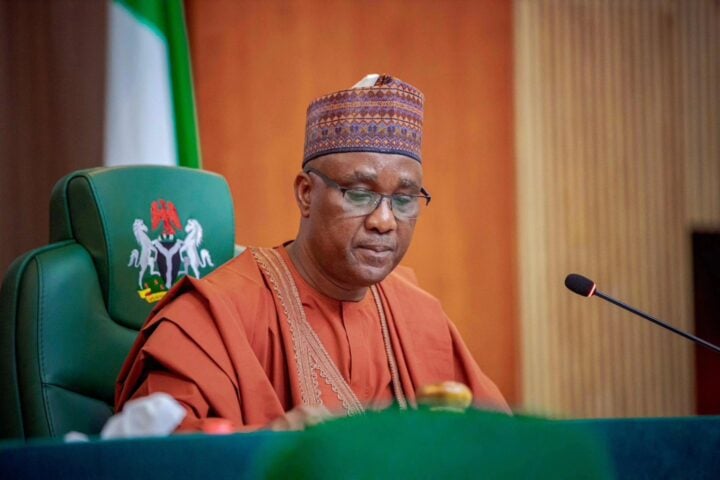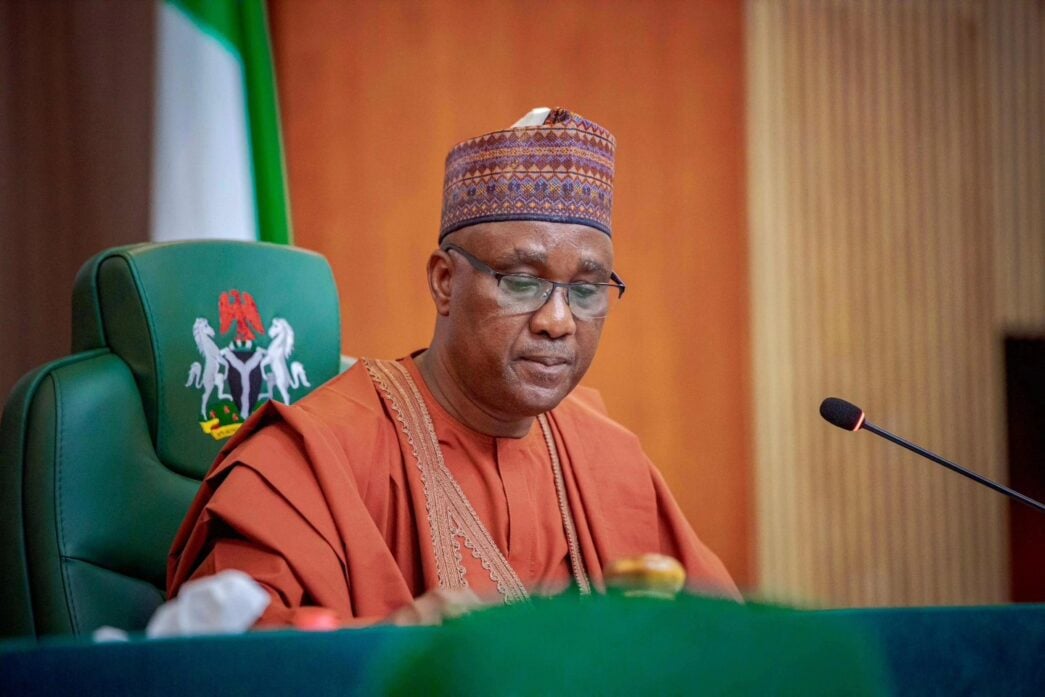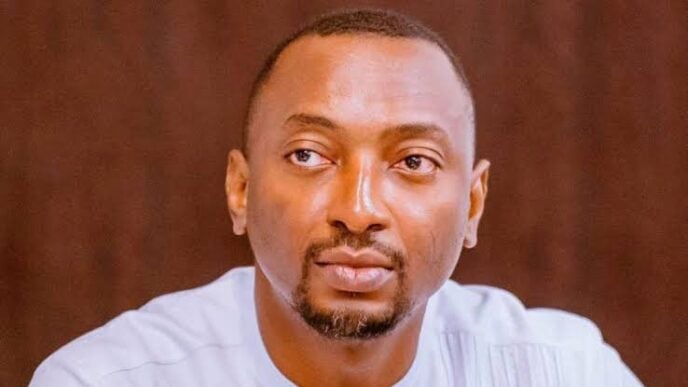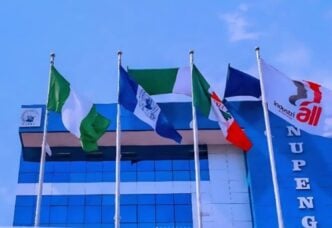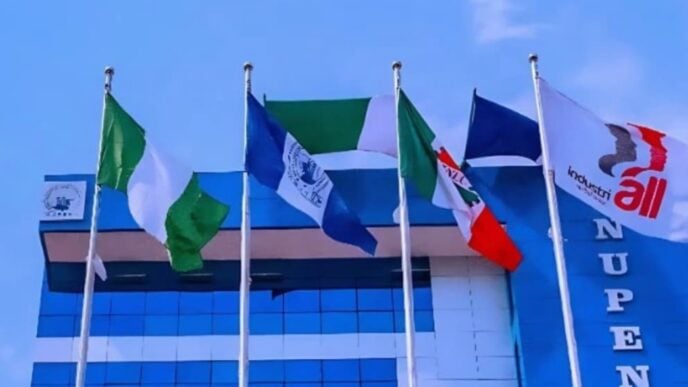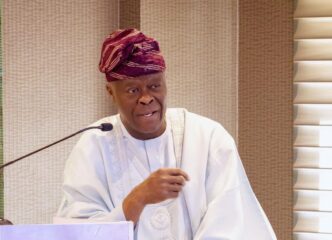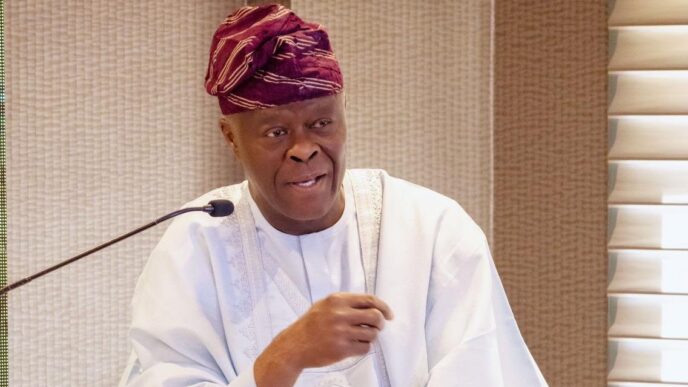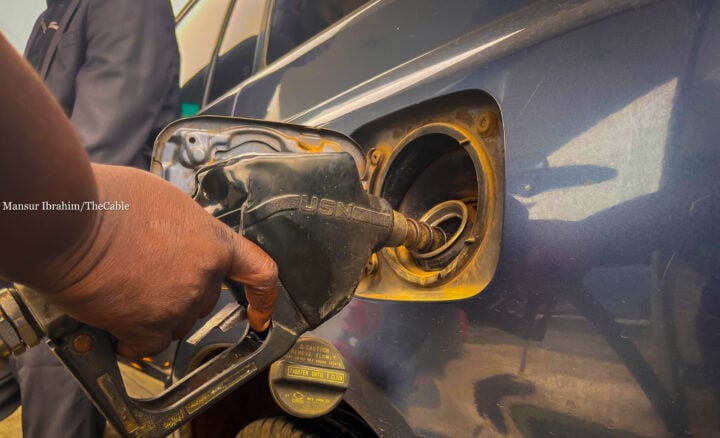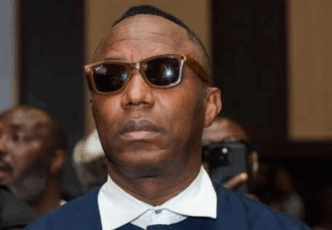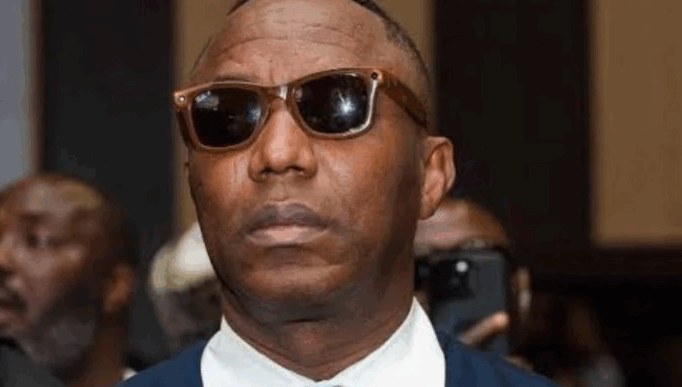Tajudeen Abbas, speaker of the house of representatives
Tajudeen Abbas, speaker of the house of representatives, has advised governments against “reckless” borrowing.
Abbas spoke on Monday at the opening ceremony of the annual conference and general assembly of the West Africa Association of Public Accounts Committees (WAAPAC).
Represented by Julius Ihonvbere, the house majority leader, Abbas said the conference theme, ‘Strengthening Parliamentary Oversight of Public Debt: The Role of Finance and Public Accounts Committees’, underscores the urgent need to safeguard the country’s financial future.
“The theme of this conference goes to the very heart of democratic governance and sustainable development. Indeed, when managed prudently, public debt can be a tool for growth and prosperity,” he said.
Advertisement
“Yet, when left unchecked, it becomes a burden that erodes economic stability and threatens the welfare of future generations.
“Therefore, oversight of public debt is a democratic duty and a moral responsibility of the legislature.
“Major borrowing proposals should be subject to public hearings, and simplified debt reports must be made available to the general public.
Advertisement
“Oversight is most effective when it is not only parliamentary but also people-driven. Citizens have the right to know, and we have the duty to inform.
“At the same time, we must ensure that debt oversight is anchored in sustainable development. Borrowing should support infrastructure, health, education, and industries that create jobs and reduce poverty.
“Reckless debt that fuels consumption or corruption must be exposed and rejected. As representatives of the people, we must never forget that our oversight role is not about figures alone but the lives and futures behind those figures.”
Abbas said parliaments must ensure that “every borrowing decision reflects prudence, transparency, and the collective interest of our citizens”.
Advertisement
“In Nigeria, recent available data indicate that our debt trajectory has reached a critical point, showing that as at the first quarter of 2025, the total public debt stood at N149.39 trillion, equivalent to about US$97 billion, with domestic borrowing making up 53 percent and external borrowing accounting for 47 percent,” he said.
“This represents a sharp rise from N121.7 trillion the previous year, underscoring how quickly the burden has grown.
“Even more concerning is the debt-to-GDP ratio, which now stands at roughly 52 percent, well above the statutory ceiling of 40 percent set by our own laws.
“This breach of our debt limit signals the strain on fiscal sustainability. It highlights the urgent need for stronger oversight, transparent borrowing practices, and a collective resolve to ensure that tangible economic and social returns match every naira borrowed.”
Advertisement
Abbas said debt levels across Africa have “reached alarming proportions”, noting that the continent’s public debt stood at $1.8 trillion in 2022.
“Several countries are now in dangerous debt-to-GDP territory: Sudan at 344 percent, Angola at 136.8 percent, Ghana at 84 percent, Kenya at nearly 70 percent, and South Africa above 77 percent,” he said.
Advertisement
‘DEBT MUST SERVE DEVELOPMENT, NOT CONSUMPTION’
Abbas said in many cases, governments are spending more on servicing debt than on healthcare and other essential services, shrinking the fiscal space available for development, describing it as a “structural crisis” that demands urgent parliamentary attention
Advertisement
“Distinguished participants, when we examine the sources of Africa’s external financing, it becomes clear that the weight of debt on our continent is shaped by who we borrow from and on what terms.
“Today, western private lenders hold about 35 percent of Africa’s government debt through banks, asset managers, and oil traders.
Advertisement
“Multilateral institutions, such as the World Bank and the IMF, account for another 39 percent, while bilateral loans from other governments comprise 13 percent.
“The implications of this structure are far-reaching. A significant share of our national revenues is tied to debt servicing rather than being invested in what our people need most: roads, schools, hospitals, and innovation.”
Abbas said the high cost of commercial loans and the burden of repayment in foreign currencies leave many African economies vulnerable to market shocks.
He said this narrows fiscal space, constrains domestic policy choices, and slows the pace of sustainable development, adding that if Africa must grow stronger, it must not only negotiate fairer terms of borrowing but also rethink dependence on external finance.
The speaker said the continent must channel more energy into mobilising domestic resources, fostering intra-African trade, and creating financial instruments that serve the continent’s development priorities, noting that the continent can move from vulnerability to resilience, and from dependency to true economic sovereignty.
“It is also important to stress that effective oversight of public debt requires vigilance, knowledge, and institutional strength. As already noted, debt levels in Africa are rising at a pace that compels us to act with foresight,” he said.
“By empowering our public accounts and finance committees, we create institutions that can be guardians of fiscal discipline and protect our economies from the risks of reckless borrowing.”
Abbas advised WAAPAC to use the forum to reflect, share experiences, and develop new strategies for responsible and sustainable debt governance.
Abbas adds that the house is committed to transparency and accountability in public finances and has taken deliberate steps to strengthen parliamentary oversight mechanisms and ensure that public funds are managed with integrity.
